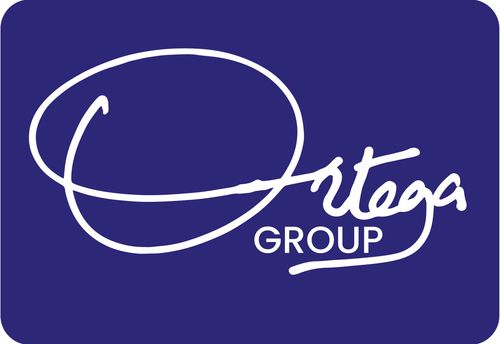One of the commitments we have as Ortega Group is to also be active practitioners in other businesses beyond this strategic and operational consulting. One of the businesses we’re involved in is that of a food export company. The model is simple, as simple as connecting Ugandan farmers to European buyers. The business is an intermediary. You must ensure that value is provided at both ends of the spectrum, the farmer (seller) gets value, and the buyer too gets value.
In this kind of business operations, you are bound to meet lots of noise that could be mistaken for signal. What is signal in business? It’s the ability to cut off all the layers and get to the core of your business. What is that core and what are the functions that are directly affecting that core.
What is the core of food export business in Uganda? It’s really quality, how to source quality and how to design, maintain and sustain quality. It’s the hardest job in this kind of business, it’s also the core to the operations. And quality must be defined in the context of that final buyer, whether in Middle East or Europe. Once a system can be designed to fulfil that quality, it can always sustain itself.
Let’s take the example of the Ginger export. Although ginger is such a brilliant product, it has one constraint, the washing and drying process. That’s where quality is bound to critically fail and get lost. Thus, anything that relates to the washing and drying process should always be treated as signal. All else in the process could be regarded as noise.
And sometimes, one must quiet out the noise to get the signal. For the business leader, out of the urgent issues that open your day, where do you choose to focus? For example, should the business leader focus on the one employee that’s not listening to their supervisor? That’s probably not core. Every business leader and executive must identify and define what’s core to the organization and to the role.
For an operations manager, that is an assessment of manpower, method, machine, material, these could be the core. Anything that substantially affects this should be addressed as a criticality. Yet one won’t focus on every material. One must know have done a materials analysis, to know where to keep the eye. Same goes for the machine. If a forklift breaks down, that may not be core, but what if it’s the machine that does the production. Then that is a signal to keep abreast with.
Knowing what’s core helps one to define signal from the noise. Today, business executives suffer from divided attention. In this age, everything is marketed as urgent and important. Thus, business executives ought to do a soul-searching to find the core of what they are doing. If you are a Chief Financial Officer (CFO) of a hospital in Wakiso, you must know what’s core to the role, and what’s core to the business. Perhaps you could speak of cashflow and all its drivers. You don’t want to ever be in a cashflow pit. The same goes for the human resource manager. What’s core could be simply the proper maintenance and smoothening of the employee journey, from the time of recruitment and selection to the development all the way to the off boarding. How do you keep this journey consistent yet personalized to every employee’s unique requirement?
The core is what should first be articulated, then all information coming from the core should be treated as signal. Now, that’s not to say that signal can’t come from non-core. But that’s a black swan, it’s an outlier. Focus on the core, make the signal out of the noise, that’s the key to business transformation.

